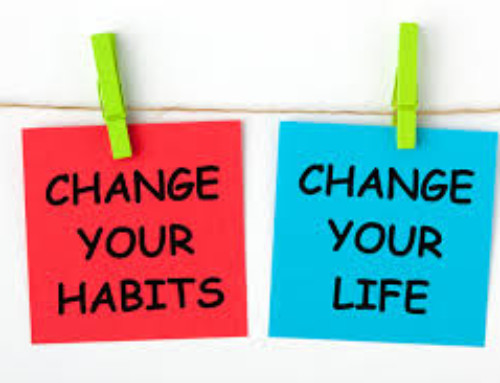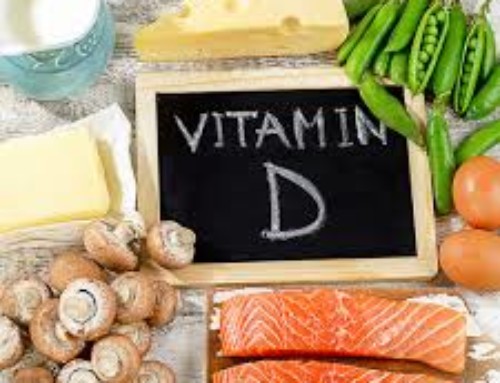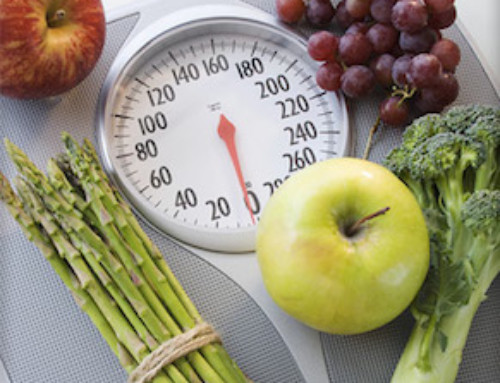Zinc is an essential mineral second only to iron among the trace elements in the body. Zinc is required for hundreds of enzyme activities in the body. Some of the key functions of zinc include supporting sexual reproductive health, supporting growth and development, helping the immune system function properly, regulating genetic activity, synthesizing protein, and balancing of carbohydrate metabolism and blood sugar. It’s also a super antioxidant that counters free radicals damage.
Zinc is especially critical to male sexual function. It plays a role in male prostate gland function and the overall growth of the sexual reproductive organs. High concentrations of zinc are found in the prostate gland, which requires proper levels of zinc to work optimally. And zinc is concentrated in sperm and semen. Consequently men actually lose zinc during ejaculation, which needs to be replenished. Low zinc levels in men impair testosterone production, which causes infertility. Zinc levels are typically much lower in infertile men with low sperm counts. In addition to causing infertility, zinc deficiency causes low libido. Several studies show positive effects of zinc supplementation on sperm counts and motility, especially in the presence of low testosterone levels.
The RDA for zinc is 11 mg per day for males ages 19 and older. While severe zinc deficiency is rare in the United States, many men consume a diet that doesn’t even meet the RDA for zinc. Zinc is critical for male sexual vitality. Low zinc intake correlates with decreased semen volume and testosterone levels. Zinc deficiency produces sexual symptoms such as infertility, impotency, or poor reproductive system development. Supplementation of zinc may have great benefit, including the reversal of zinc-related infertility in males. In addition to eating zinc-containing foods, taking supplemental zinc is recommended for male infertility (30-60 mg per day).
Zinc also supports female reproductive health and fertility. Because zinc is involved in the growth process of a woman’s egg, a zinc deficiency won’t allow the egg to mature properly and ovulation will be impeded. This causes infertility. Adequate zinc allows women to use estrogen and progesterone efficiently, supporting reproductive health. In addition to making women infertile, a zinc deficiency causes low libido. The RDA for zinc for women is 8 mg for adult women, 11 mg for adult pregnant women and 12 mg for adult breastfeeding women.
Good sources of zinc include calf’s liver, venison, beef, lamb, scallops, oats, turkey, shrimp, whole grains, nuts, seeds, legumes, crimini mushrooms, shiitake mushrooms, and spinach. Vegetarians are at a greater risk of zinc deficiency.
Zinc deficiency is characterized by growth retardation, loss of appetite, impaired immune function, hair loss, diarrhea, delayed sexual maturation, impotence, hypogonadism in males, and eye and skin lesions, weight loss, delayed healing of wounds, taste abnormalities, and mental lethargy.
You can get too much zinc. Toxicity symptoms may include nausea, vomiting, loss of appetite, stomach cramps, diarrhea and headaches.
Until next time, make every bite count!








Leave A Comment
You must be logged in to post a comment.